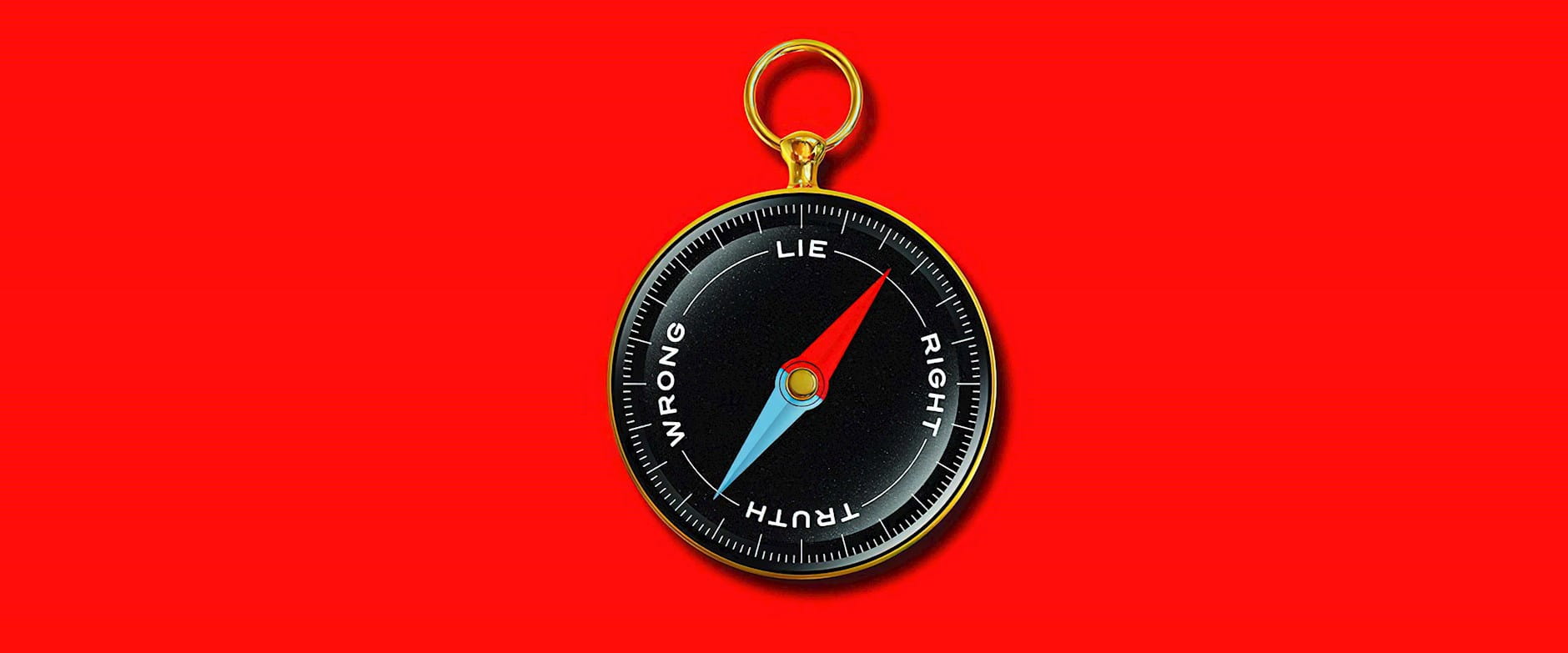Schweitzer says that to keep honest feedback from overwhelming staff, managers should focus on specific business-related issues that need work and skip issues that the person can’t control.
Though it’s possible to be honest without being fully transparent, the same principle of practicality can be applied to decisions about transparency: in some cases, transparency for its own sake could be counterproductive. For instance, calls for full transparency on pay within an organization are “nonsense; it will make people miserable,” Schweitzer says. Sharing salary figures could rattle a company’s social dynamics. Some employees are solid performers, but “when they learn that others are being paid more, they become miserable, sulky, and less productive,” he says. Though pay transparency may be motivational for some people, and can help combat discrimination, it could also be disruptive for many teams.
Is silence golden?
In another study, Levine looks at whether it’s better to say nothing or to lie in a situation where lying provides comfort and hope, and the truth would be hurtful. Her research finds that while the communicator—the person making the choice about lying—often thinks the best thing to do is to say nothing, thus sparing oneself the guilt of lying, the target prefers to hear the lie.
“In certain cases, such as the ill-fitting attire, [the target] might walk around feeling anxious if he realizes that you are not commenting on the suit,” she says.
It’s a complicated question. In health-care situations, for instance, both doctors and patients think honesty is best. If you have cancer, most people agree that your doctor should tell you this scary news gently but frankly.
But because hope is important to their mental state as they fight the disease, patients sometimes prefer that their doctor gives them hope, rather than giving them no information at all. For example, a patient might find comfort in her doctor telling her that she has a chance to beat the cancer, even if, medically speaking, she doesn’t. Avoiding the topic doesn’t work in this situation, because a lack of a prognosis is disconcerting to the patient.
“False hope at least provides hope, while omission doesn’t provide any emotional benefit,” Levine says. Though an uncompromising policy of truth may be less problematic than it sounds for most people, such as those in Levine’s three-days-of-honesty experiment, well-intentioned deception still has its value.
Frankly speaking
The tension between kindness and honesty can be seen in the language patterns that we use. English speakers regularly preface cutting remarks with “frankly” or the more slangy “not gonna lie”; the concept has even been abbreviated, for social media purposes, to “tbh,” short for “to be honest.”
“It’s just a linguistic marker people use to say, ‘Don’t blame me for what I’m about to say,’” says Levine. Such a phrase is meant to absolve the speaker, giving her a moral out.
In a 2014 paper, a trio of researchers—Emory’s Ryan Hamilton, University of Minnesota’s Kathleen D. Vohs, and Chicago Booth’s Ann L. McGill—looked at the language of honesty in online customer reviews. In a series of five experiments, they find that reviews with “dispreferred markers”—phrases such as “I’ll be honest,” “God bless it,” “Don’t get me wrong,” or “Bless its heart,” which indicate reviewers’ desire to offset negative information—were considered more believable. Participants felt that reviewers who included these phrases in their comments were more likable than those who didn’t. When a review used this language, participants were also more likely to pay more for the product being reviewed and to be more satisfied with it, the researchers find.
“More than homey sayings, dispreferred markers act as a social lubricant, allowing an otherwise sticky interaction (the communication of negative, and therefore potentially threatening, information) to operate smoothly,” they write.
Cultural norms can complicate this picture. In Japan, for instance, lying is common, Schweitzer says, because the culture places a premium on avoiding conflict, particularly avoiding saying “no.” Japanese language patterns contain ritual phrases that are polite to repeat in conversation whether or not they are true, Schweitzer says.
Everybody lies
What research cumulatively shows is a disconnect between our official moral view of honesty and what people actually do and how it makes them feel. And needless to say, this ambiguity doesn’t just manifest itself when people are motivated by good intentions.
In the corporate world, it takes the form of widespread ethics scandals, such as 2016’s Wells Fargo imbroglio, which resulted in the US Consumer Financial Protection Bureau fining the bank $100 million for “the widespread illegal practice of secretly opening unauthorized deposit and credit card accounts.” A year earlier, the US Environmental Protection Agency accused German automaker Volkswagen of installing software on clean-diesel cars to help them cheat on emissions tests. Cases of ethical misconduct span industries and decades.
But why? The conventional explanation is that dishonesty and its attendant problems, such as corruption, can be traced to individual bad actors, and that companies have little sway: the best they can do is to root
out these people by careful screening, hiring, monitoring, and firing.
A body of experimental work on dishonesty and ethics demonstrates that this narrative is incomplete. Some people lack morals entirely, but small acts of immorality form a more pervasive problem.

